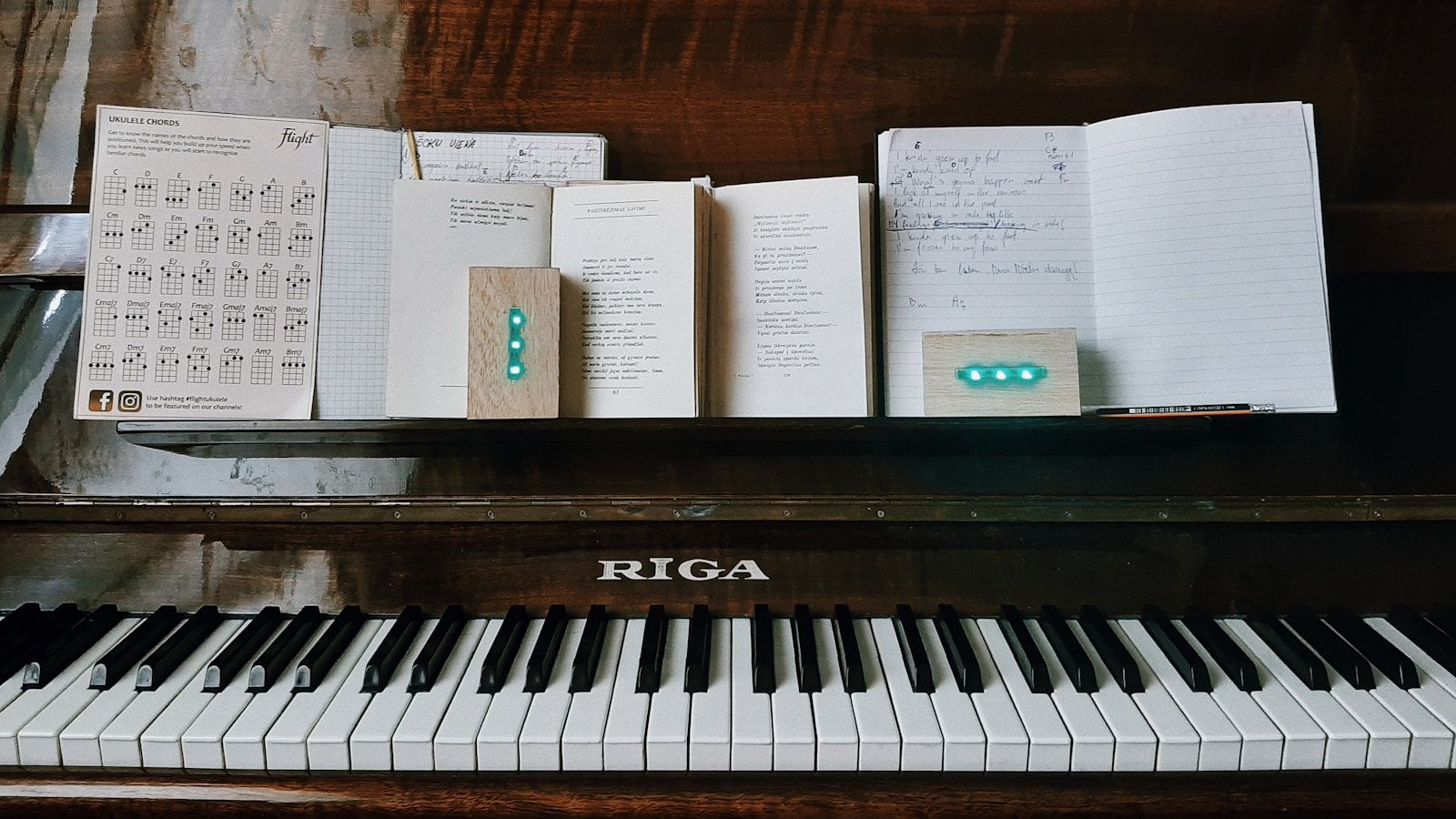Song lyrics are the soul of music. They tell stories, evoke emotions, and connect us to the artist’s world. Whether you’re an aspiring lyricist or a seasoned musician looking for fresh inspiration, finding the right song lyrics to use can transform your music from ordinary to extraordinary. This guide will walk you through everything from understanding the basics to mastering advanced lyric-writing techniques.
Why Are Song Lyrics Important?
When we think about iconic songs, what stands out the most? Often, it’s the lyrics. The words make us feel something, whether joy, sadness, or nostalgia. Lyrics add meaning to melodies, turning simple tunes into unforgettable experiences.
Here are some reasons why song lyrics matter:
- Emotional Connection: Lyrics give listeners something to relate to.
- Storytelling: They can tell a tale or convey a message.
- Identity: Lyrics can shape an artist’s identity and make their music unique.
Getting Started: How to Write Song Lyrics
Creating compelling song lyrics may seem daunting at first, but breaking the process into smaller steps can make it more manageable.
1. Find Your Inspiration
The best lyrics often come from personal experiences, observations, or emotions. Think about:
- A memorable event
- A person who influenced you
- A cause you deeply care about
2. Choose a Theme
Every great song has a central theme. Decide if your song will be about love, heartbreak, self-discovery, or something else.
3. Play with Words
Explore rhymes, metaphors, and imagery to make your lyrics captivating. Don’t be afraid to experiment with different word combinations.
4. Structure Matters
A typical song structure includes:
- Verse: Tells the story.
- Chorus: The memorable part that repeats.
- Bridge: Adds a twist or shifts the tone.
Techniques to Enhance Your Lyrics
Sometimes, writing lyrics feels like hitting a creative block. Here are some techniques to reignite your creativity:
1. Use Contrast
Juxtapose happy melodies with melancholic lyrics for a unique feel.
2. Tap Into Universal Emotions
Think about feelings everyone can relate to, like longing, hope, or joy.
3. Incorporate Imagery
Paint pictures with your words. For example, instead of saying, “I’m sad,” say, “My heart feels heavy like a stormy sky.”
4. Experiment with Perspectives
Try writing from someone else’s point of view or as a character.
Examples of Great Song Lyrics
Sometimes, the best way to learn is by studying examples. Let’s look at some standout lyrics and why they resonate:
1. “Imagine” by John Lennon
“Imagine all the people living life in peace.”
- Simple yet profound, these lyrics convey a universal desire for harmony.
2. “Someone Like You” by Adele
“Never mind, I’ll find someone like you.”
- Raw and heartfelt, these words resonate with anyone who’s faced heartbreak.
Common Mistakes in Lyric Writing (And How to Avoid Them)
Even seasoned lyricists can fall into traps. Here’s what to watch out for:
1. Being Too Generic
Avoid clichés or overused phrases. Instead of “love hurts,” try, “Your words cut deeper than silence.”
2. Forgetting the Melody
Lyrics should complement the melody, not compete with it. Sing your lines to ensure they flow naturally.
3. Overloading Details
Don’t pack too much into one line. Focus on a single idea and expand on it across the song.
Tools and Resources for Writing Song Lyrics
If you’re serious about lyric writing, there are tools that can help:
- RhymeZone: Find rhyming words.
- Notion: Organize your ideas.
- Recording Apps: Record drafts of your songs for reference.
FAQs About Song Lyrics
1. What makes a lyric memorable?
A memorable lyric often uses simple language to express deep emotions or ideas.
2. Do I need to rhyme my lyrics?
Not always. While rhymes can make lyrics catchy, they’re not essential.
3. Can I write lyrics without music?
Absolutely! Many lyricists start with words and add music later.
Collaborating on Song Lyrics
Sometimes, two heads are better than one. If you’re stuck, consider collaborating with other artists. They may bring fresh perspectives and ideas.
Final Thoughts
Song lyrics have the power to move, inspire, and connect people across the world. Whether you’re crafting a love ballad, a protest anthem, or a dance hit, remember that the best lyrics come from the heart. Keep experimenting, stay authentic, and let your creativity flow.
For further reading, explore these related articles:
- What is Music Distribution: A Comprehensive Guide for Independent Artists
- The Ultimate Guide to Becoming a YouTube Music Distribution Partner
For additional resources on music marketing and distribution, visit Deliver My Tune.






